Before we start the video, here are some comment from the coaches that sparked the conversations in the first place.
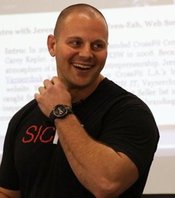
Overall work capacity - the ability to maintain high levels of strength, speed & explosive power
Mental Toughness - the ability to remain committed and focused when things are tough AND when the chips are down.....
Overall, a blend of athleticism means a balance of strength, explosive power, movement ability (gymnastics) and mental toughness.
Zach Even-Esh - Underground Strength Coach
Underground Strength System Deluxe

James Smith - Diesel Strength & Conditioning
Accelerated Muscular Development

Mindset - Intensity is a byproduct of a strong mind. Perseverance - It takes more than a handful of workouts to get real word results. FAT? - Healthy Fats = Healthy Fuel = Improved Performance!
Coach Hembree - Gladiator Garage LLC
Stay healthy and injury free with smart training and recovery methods.
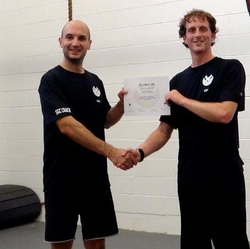
- The most important factor when training for improved performance is to select exercises and movements that train the athlete (person) slightly outside the range of motion required for their sport/activity. This will add a safety valve to their movement to protect them for injury when things go wrong.
- Another factor to keep in mind when training for improved performance is that technique level must remain high. Since you are training your nervous system for improved performance it does not make sense to pattern poor movement or bad technique.
- Jon Haas - www.warriorfitness.org

Non obvious (for some) - The most boring principle of any endeavour to improve; Patience! Yes some people that come into Outlaw Strength Gym are what you would call gifted athletes, and will progress rapidly. But the reality is, most are not gifted and need to learn patience if they are to succeed. Personally I fall into this "non-gifted" category, and have had to fight hard for anything I have. I know first hand about being patient and not quiting while striving towards my performance goals.
John Wayne Legg - Strength Outlaw
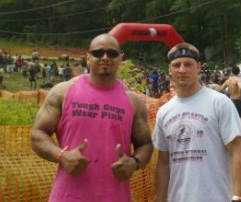
- IMO increasing relative strength ( so many come in weak as fuck),
Mindset- making them believe in themselves when they don't, truly being there Coach all aspects
Prehab- Injury prevention. myself included never payed mind to this and you'll never reach your potential at all - Lou Torres - triumph-strength-project.com
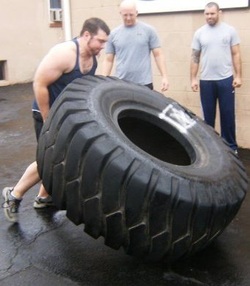
The next important factor, which somewhat aligns with the above point is to constantly be making weak points (which will vary widely depending on the specific athlete and the demands of their sport) into strong points while forging ahead with basic strength. In 95% of athletes, continuing to improve base strength will improve performance. To take them to the next level, both in strength and performance, will be "playing weak point leapfrog".
Isaac Wilkins - Beyond the Barbell
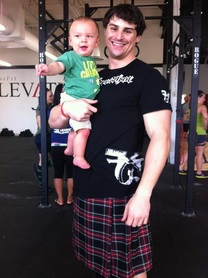
This is accomplished by performing movements and exercises such as animal walks, tumbling exercises (i.e. shoulder rolls, cartwheels, handstand holds, etc), and basic bodyweight exercises that should be performed exceptionally well.
Only after they are aware of how their body moves and are able to control those movements with some sort of strength and consistency, do we allow them to progress to loaded movements using kettlebells, dumbbells, and sandbags.
The last thing an athlete should touch is a barbell, and for the most part, by if they have been trained correctly, by the time they need to touch a barbell to produce results, they are already a pretty big badass. Just because an athlete is strong in the weight room, does not mean that they are good on the field or have any clue what their body is or needs to be doing at any time during their training or sport. This is why all of our athletes (from the college level down), begin by at least demonstrating their proficiency in animal walks, tumbling and bodyweight movements, before we allow them to train in a loaded state.
We always include these movements in every warm-up no matter an athlete’s age, and believe that it is the quickest way to make any athlete better.
As an example, our warm-up this month includes bear crawls, crab walks, shoulder rolls, handstand holds, and cartwheels.
David Claiborne - Genesis Strength & Conditioning
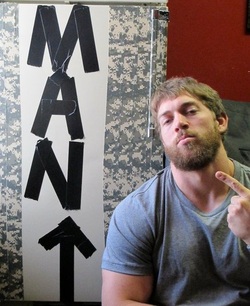
Chandler Marchman - Swole Patrol
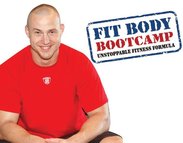
Jeremy Werner - Fit Body Bootcamp
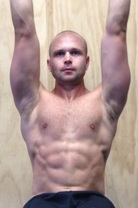
What the 5 reasons FAIL to achieve success in the gym?
-LACK of personal knowledge to design an effective program
-They FAIL to be held accountable for skipping workouts
-They FAIL to push through their comfort zone
-Their nutrition SUCKS BIG TIME!
-EXCUSES!
James Blackburn - Blackburn Training
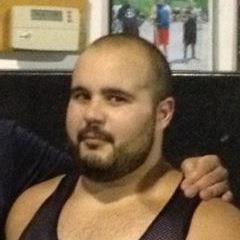
If you run with the lame you will develop a limp- (Quote from Louie Simmons. You need to surround yourself with people who are bigger, stronger and smarter than you. Your crew will elevated you to a whole new level. They will call you out when you aren't working hard enough, tell you if you are using shit form, and keep you on track. On the flip side if you are the strongest and smartest in the group you won't be pushed to the next level.Another similar quote I heard which is more applicable to business is if you are the smartest person in the room you are in the wrong room.)
John Gaglione - Gaglione Strength
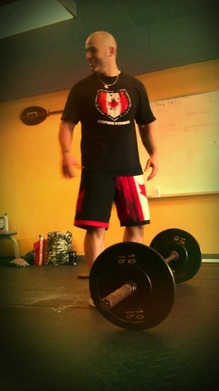
Now, don't mistake SUFFERING for PAIN - there is a difference. The difference, in my opinion, is in the intelligence of programming. Pain is the body's way of warning of the possibility of impending injury and is a warning to be heeded.
Sufferable workouts are the kind of workouts that challenge you to become better in mind, body and spirit once you emerge out the other side.
Chris Reed - Empire Fitness
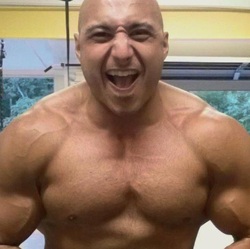
2 - Knowing the definition of YOUR (or your client's) performance, and programming accordingly. Programming for a swimmer is different than performance for a powerlifter.
3 - (depending on sport) Including some sort of hypertrophy training. Coaches tend to get so wrapped up in strength by itself, that they forget about training for mass, which in most cases CAN increase strength/performance as well.
Chris Lopez - Jersey Strength Pit
Be sure to leave a comment for the coaches for our follow up interviews. Next up,
"What are we missing?"
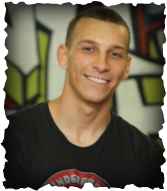
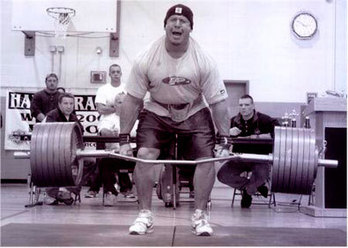
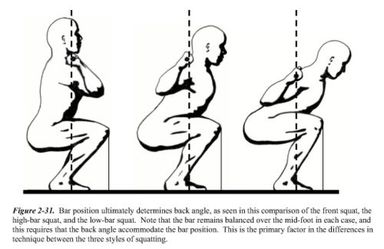
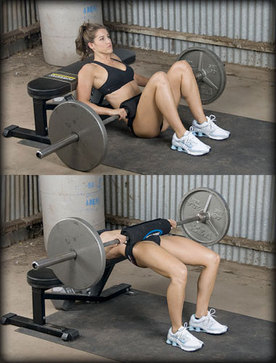

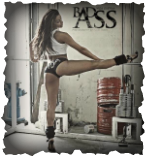



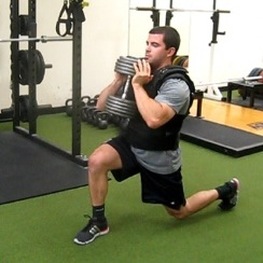

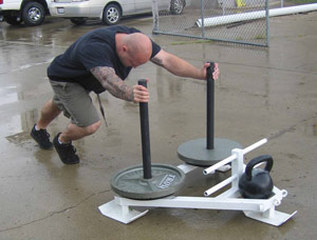

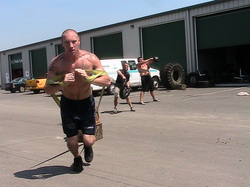

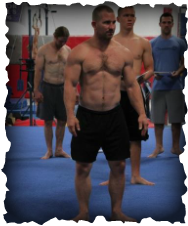
 RSS Feed
RSS Feed